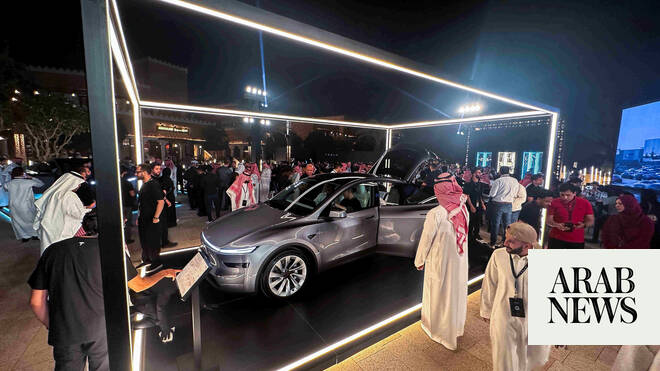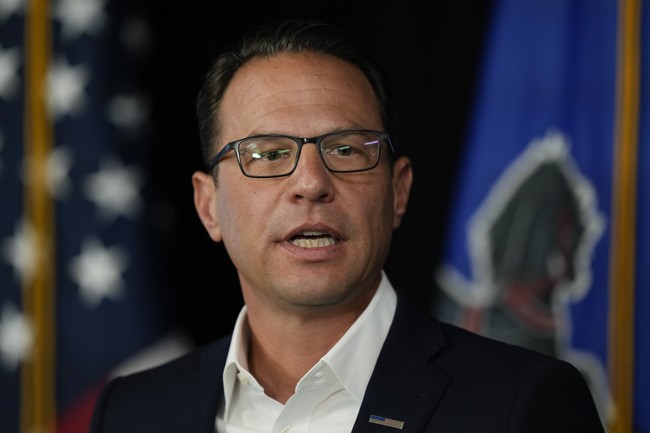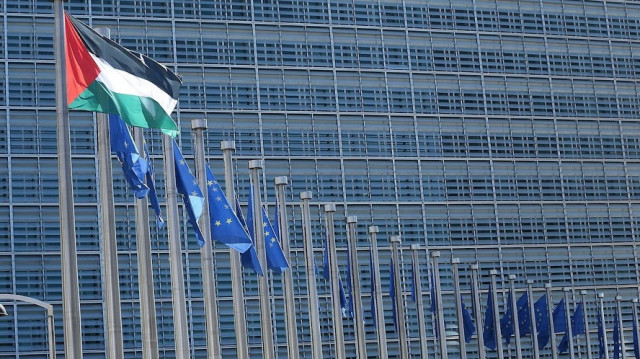F1's Engine Evolution: What's Next for the Future?
The Formula 1 landscape is bracing for pivotal changes as stakeholders debate the future of engine technologies. With conflicting views on bringing back V10 engines versus embracing hybrids, what's at stake?
Published April 13, 2025 - 00:04am

Image recovered from arabnews.com
The recent meeting hosted by the International Automobile Federation (FIA) in Bahrain has once again sparked fervent discussions on the future of Formula 1's engine technologies. Held ahead of the Bahrain Grand Prix, this summit brought together engine manufacturers and key stakeholders to debate the roadmap for future power units, with the spotlight primarily on the contentious issue of potentially reverting to the iconic V10 engines.
The V10 engine, which was in place from the mid-1990s until 2005, remains a fan favorite due to its distinctive roaring sound. There has been a clamor from both fans and some stakeholders, notably Red Bull's Christian Horner, for its return. Horner has publicly expressed his romantic notion that the sound of a V10 could enhance the appeal of Formula 1. However, any hopes for the V10's return continue to be dashed, at least within the framework of the current 2026 regulations.
FIA President Mohammed Ben Sulayem has been pivotal in these discussions, having previously suggested exploring the possibility of reintroducing the V10. However, the recent meeting reaffirmed the commitment of all parties to the 2026 regulations, emphasizing the direction towards hybrid technology and sustainable fuels. The FIA statement underscored that hybrid engines, now prevalent in modern vehicles, will continue to be integral to Formula 1's future, aligning with broader trends in the automotive industry towards electrification.
German automotive giant Audi, which will officially enter Formula 1 in 2026, remains a staunch advocate for these hybrid regulations. Audi's commitment is built around three foundational pillars: highly efficient combustion engines, cutting-edge hybrid electrification, and the utilization of sustainable fuels. A company spokesperson reiterated that their vision for motorsport is to help shape a sustainable and future-oriented sphere, leveraging technology to its fullest extent.
While Audi's perspective finds alignment with many manufacturers, not all share this sentiment. Notably, manufacturers like Honda and Mercedes have indicated their preference to adhere to the 2026 hybrid framework. Koji Watanabe, president of the Honda Racing Corporation, highlighted Honda's intent to participate within the current rules, driven by a focus on electrification. This stance is aligned with Honda's broader corporate strategy to push for electrification in its automotive products.
In contrast, the idea of a return to V10s finds some traction with Red Bull, particularly with potential fuel suppliers like Ford backing Red Bull Powertrains, and Ferrari. Yet, the strategic interests of companies like Honda and Audi mean that the FIA's proposed V10 option for 2028 or 2029 faces significant challenges. The governance guidelines require a 'supermajority'—approval from at least four out of the six power unit manufacturers, which seems unlikely given the current positions of key players.
The FIA clarified its commitment to continue exploring the technical paths that could be pursued in the coming decades. However, the overarching emphasis remains on sustainable development and cost-efficiency, especially in light of global economic uncertainties.
Furthermore, discussions emerged on the possibility of lifting the 'engine freeze' concept, which currently curtails development to control costs and maintain competitive balance. While initially effective, some argue that it inadvertently cemented early dominance by manufacturers like Mercedes in the hybrid era. The prospect of revisiting this freeze is being deliberated, aiming to foster closer competition across teams.
The quest for continued innovation in Formula 1 is underscored by an imperative to balance the romantic allure of legacy engines with the reality of needing to move towards a sustainable future. With Audi and Honda firmly entrenched in their position on the 2026 regulations, it is clear that any deviation towards a return to V10 engines would require substantial negotiation and consensus-building among the key players.
As stakeholders consider the long-term outlook, the horizon is set for what could eventually lead to new regulations post-2030. Until then, the focus remains on harnessing the potential of hybrid technology, ensuring that the sport not only entertains but also leads the charge in automotive innovation.






